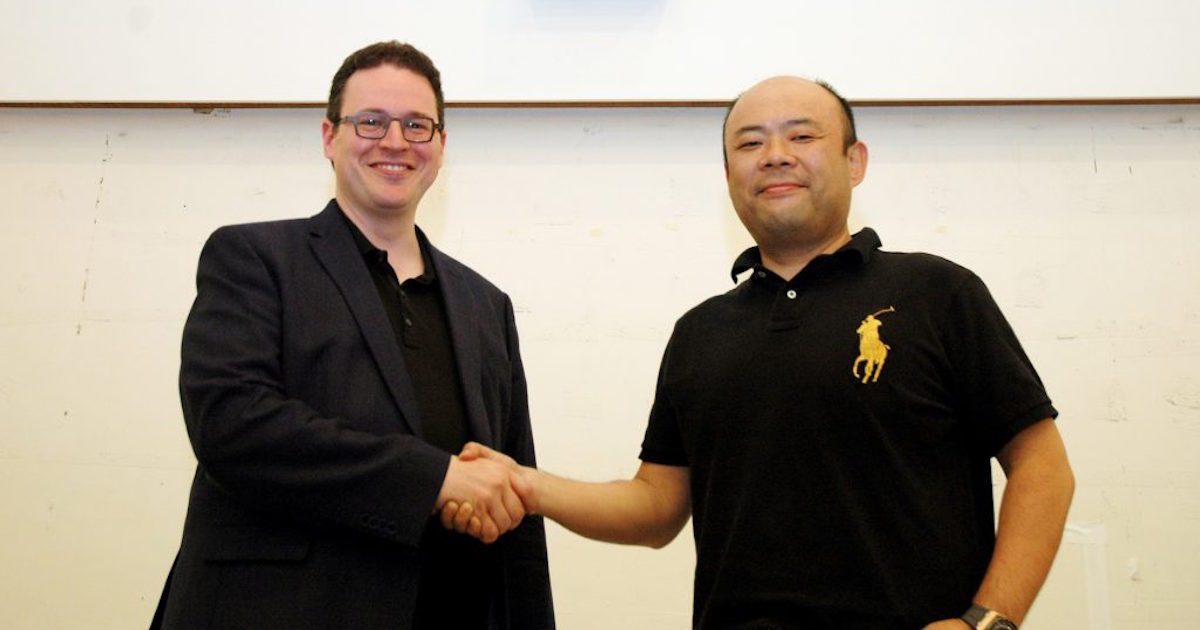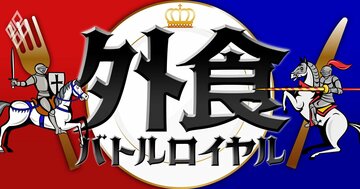 On May 31, Minerva Schools at KGI CEO Ben Nelson and Taizo Son announced a sponsorship agreement. Photo by Takeshi Kojima
On May 31, Minerva Schools at KGI CEO Ben Nelson and Taizo Son announced a sponsorship agreement. Photo by Takeshi Kojima
These days, I am beginning to wonder if the very term “talent training” is antiquated. What spurred my thinking on this was Movida Japan’s program to train and foster entrepreneurship.
In this program, we taught budding entrepreneurs how to craft business plans and teams. We built a curriculum and gave them insights on best practices in operating companies.
Once a week, we would invite leading entrepreneurs to discuss some of their early successes, failures, and struggles. We exchanged non-disclosure agreements in order to share in-depth expertise not normally talked about.
After the lectures, we had mingle sessions, where we would chat about various things with pizzas and beers in hand.
Several years into this program, I asked the participants what was the most useful part of the program.
They said, “the pizza parties were the best.”
To tell the truth, I doubted my own ears. We had worked so hard to craft a curriculum that it shocked us to hear that the pizza was the best part.
Yet it made sense. With these weekly parties, people who at first did not know each other from Adam began to openly interact and share their concerns with each other.
Since we came from similar contexts, if someone talked about having financial difficulties, we would refer them to an accountant; if someone said they had a shortage of people, someone would offer to lend some of their own team.
In this way, we mutually supported each other. Over time, everyone was improving by leaps and bounds.
Participants found more value in helping each other grow than in the curriculum proper. In other words, we learned that what is more important than “talent training” is designing a context in which people can learn naturally.
Looking around the world, you notice that these kinds of contexts do exist elsewhere.







